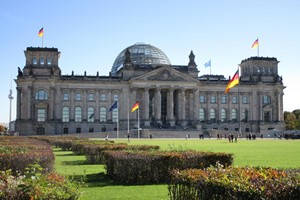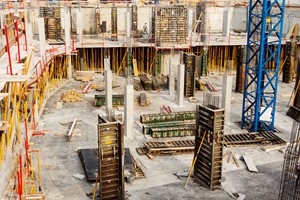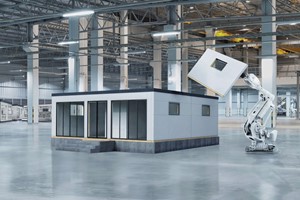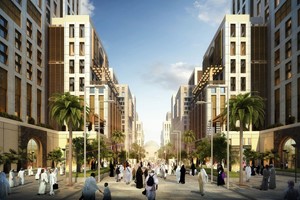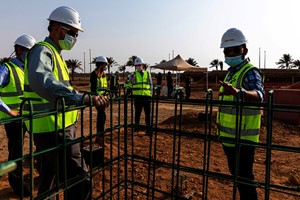As a matter of fact, the construction sector growth over the forecast period to 2021 will be supported by a revival in investor confidence and subsequent public and private sector investments in infrastructure, residential, and energy and utilities construction projects. In particular, the government's focus on renewable energy production is expected to contribute towards the industry's growth over the forecast period. Furthermore, it is important to shed a light on the steps that are playing a vital role in the expected growth such as the ongoing urbanization that is expected to drive fresh demand for new housing units over the forecast period. The residential construction market is expected to maintain its leading share in the industry over the forecast period, to account for 47.7% of the industry's total value in 2021. In addition to the efficiently developed transport infrastructure that is vital for the economic growth of Germany. Accordingly, under the flagship program FTIP, the government is investing heavily in transport infrastructure projects. The infrastructure construction market is expected to post a nominal forecast-period CAGR of 4.75%, as compared to 1.02% registered during the review period. Simultaneously, in a bid to accelerate the pace of foreign investments, the government has announced attractive tax subsidies. Owing to the country's attractive investment scenario, in November 2016, Amazon, one of the world's largest online retailers, announced plans to construct a logistics center in Winsen. The government's initiative is expected to provide a boost to the construction industry in the years to come. Finally, in support of the achievement of the 2030 renewable energy target, the Federal Ministry for Economic Affairs and Energy is developing the Merkur offshore wind farm in the German North Sea. With an estimated investment of EUR1.6 billion (US$1.8 billion), the wind farm, when completed in 2019, is expected cater to the energy needs of over 500,000 households. In real terms, Germany's construction industry is expected to register a compound annual growth rate (CAGR) of 2.4%, an improvement over the 0.2% CAGR registered over the review period (2012-2016). The German construction industry registered minimal growth during the review period due to the impact of the Eurozone crisis on the country's economy, which resulted in weak business confidence. "The industry, however, recovered in 2016, as a result of a gradual recovery in economic conditions and subsequent investments in construction projects," comments Danny Richards, Lead Economist at Timetric's CIC. Consequently, the country's construction industry registered a growth of 2.1% in real terms in 2016. This was preceded by an average annual contraction of 0.6% during 2012-2015. Accounting for 46.7% of the industry's total value in 2016, residential construction was the largest market in the German construction industry during the review period. The market is expected to sustained growth over the forecast period, and account for 47.7% of the industry's total value in 2021. "Market growth is expected to be supported by public and private sector investments in housing projects, driven by rising demand for new residential units in urban regions," adds Richards. Commercial construction was the second-largest market in the industry during the review period, accounting for 20.0% of the industry's total value in 2016. The market is expected to remain relatively sizable over the forecast period, with 19.6% of the industry's total value in 2021. Forecast-period growth is expected to be driven by improvements in the country's tourism and retail sectors.


Country Reports - Germany
Governmental Contributions to Leverage Germany's Constructions
November 2017
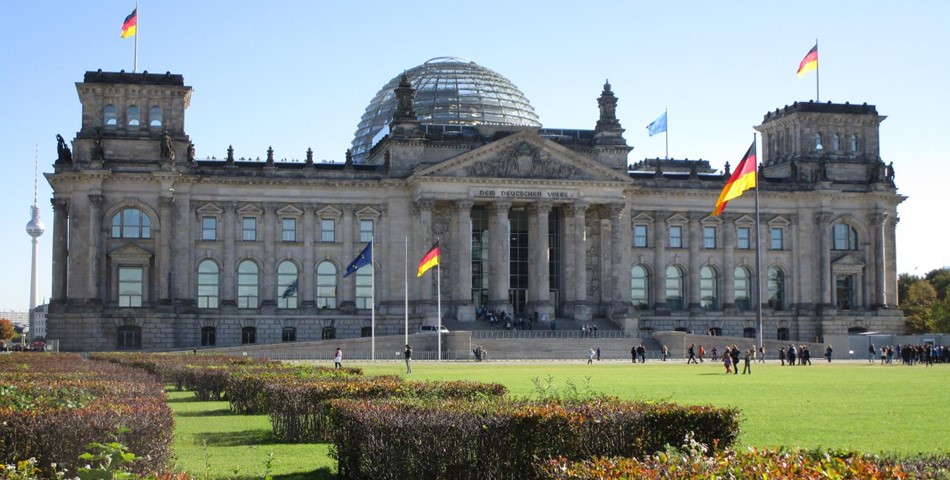
Construction activity in Germany was weak during the review period (2011-2015), due to the negative impact of the Eurozone crisis on the country's economy. According to Ken Research, this resulted in poor investor confidence, which in turn reduced infrastructure construction activities in the country. The industry's value is expected to pick up over the forecast period (2016-2020), and it is expected to reach a value of USD356.5 billion in 2021 in real terms, measured at constant 2010 US dollar exchange rates, however, due to a gradual recovery in economic conditions and subsequent improvements in business confidence, according to Timetric's Construction Intelligence Center (CIC).



